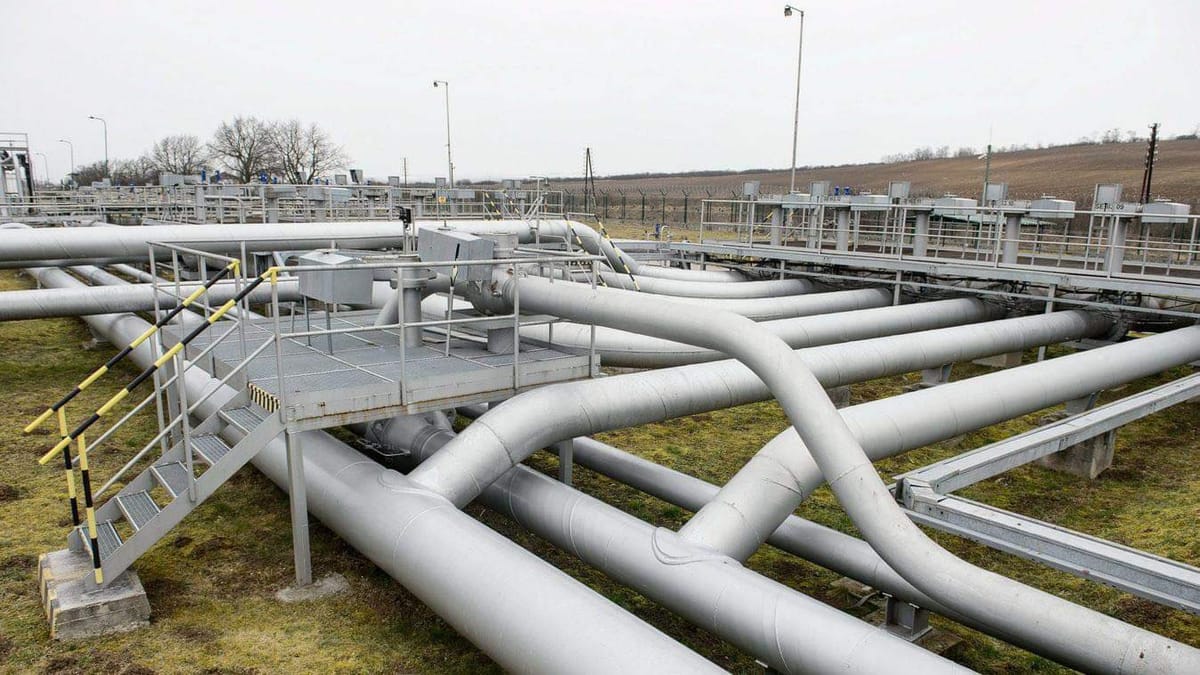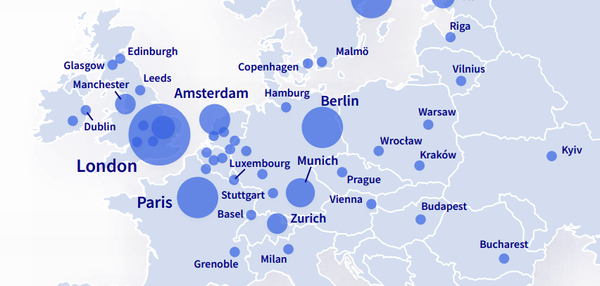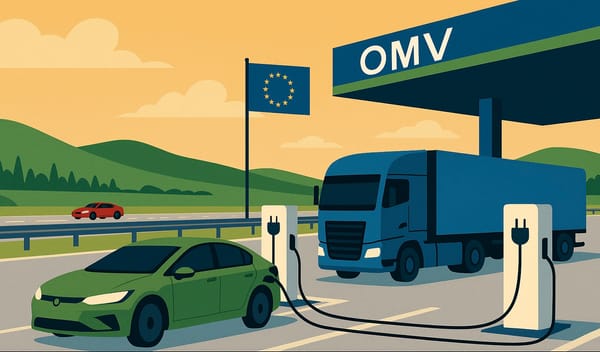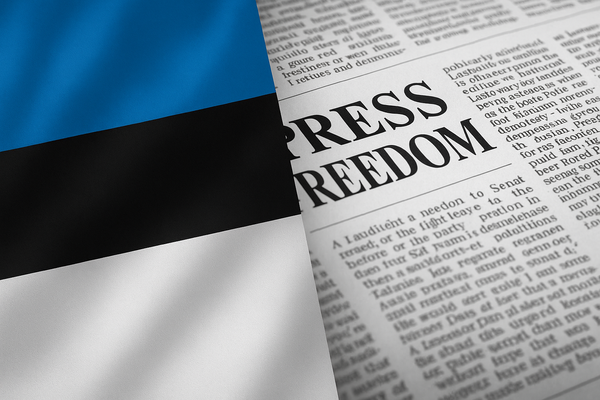
Hungary, Slovakia threaten electricity cutoff in tit-for-tat dispute with Ukraine
Central and Eastern Europe (CEE) could be closing in on an energy standoff as Hungary and Slovakia have threatened to restrict or even suspend electricity supplies to Ukraine in response to its recent decision to halt crude oil transits of Russian supplier Lukoil, Hungarian state news channel M1 reported on Friday, 2 April.
If Hungary and Slovakia – widely seen as the EU-27’s most pro-Kremlin member states – restricted electricity supplies, Ukraine could face significant power shortages, exacerbating the energy issues caused by the land invasion Russia launched against it almost two and a half years ago.
EU rejects Hungary, Slovakia’s call for urgent talks
Earlier in the week, the EU had dismissed a request from Hungary and Slovakia for urgent discussions regarding Ukraine’s recent decision to ban the transit of oil owned by Lukoil, a move which Hungarian Prime Minister’s Office head Gergely Gulyas called “unfair and contrary to EU agreements that Ukraine is blackmailing Hungary and Slovakia for their ‘pro-peace’ stance”.
European Commission (EC) Vice President Valdis Dombrovskis told the two countries that Ukraine’s sanctions do not disrupt transit operations via the Druzhba (Friendship) pipeline, as long as Lukoil does not formally own the oil.
Dombrovskis, in a letter seen by news agency Bloomberg, also pointed out that several EU member states had already explored alternative crude supply routes, and questioned why Hungary and Slovakia had not done the same.
Hungary and Slovakia were previously exemptions from the otherwise EU-wide ban on Russian oil imports in the wake of Russia’s full-scale invasion of Ukraine in February 2022.
The EU official discussed the dispute with Ukrainian Prime Minister Denys Shmyhal in a telephone call in which he highlighted Hungary and Slovakia’s concerns about the security of their oil supplies. Dombrovskis reiterated in a post on X, formerly Twitter, that he had received confirmation from Shmyhal “that ongoing oil transit operations to Hungary and Slovakia are not affected, as long as Lukoil is not the owner of the oil”.
An EC spokesperson said on Thursday, 1 August that the EC had “preliminarily concluded that urgent consultations do not appear to be warranted as there is no current indication of an immediate risk to the security of supply” adding that “all volumes” of oil that Lukoil had planned to send to Hungary and Slovakia were successfully replaced in July. There is “sufficient capacity” in the pipeline that runs from Croatia to Hungary, to replace any shortfall, the EC spokesperson added.
The EC said there is no immediate risk to the security of oil supply for either country and is currently awaiting further details from them, according to Bloomberg.
Think tank says move could ‘seriously impact’ Ukraine
Analysts on the Hungarian state news outlet M1 suggested that pulling the plug on the electricity would require coordinated efforts between Hungary and Slovakia to be feasible. Oliver Hortay from Hungarian-government-linked think tank Szazadveg noted on M1 that Ukraine is dependent on imported electricity and that Hungary often meets 40% of its domestic demand. “Cutting such a large amount off would seriously impact Ukraine’s supplies,” he said.
The Adria oil pipeline, also known as Janaf, has a theoretical annual capacity of 11mn tonnes, less than the combined demand of Hungary and Slovakia of 12mn tonnes, Hortay said, adding that Czechia also needs supplies. “Croatia claims that its capacity could theoretically reach 14mn tonnes, citing a different chemical process, but it is unclear how they consider this to be feasible,” Hortay added.
Szijjarto slams ‘unreliable‘ Croatia
Earlier in the week, however, Hungarian Foreign Minister Peter Szijjarto had opened up a new, Croatian front in the dispute. Szijjarto recalled that 18 months ago Hungary and Slovakia had “turned to the EC because Ukraine blocked some of the oil shipments needed for the safe supply of the two countries.
“The Vice President’s letter proves again that Ukrainians can do anything against EU member states, especially if they are pro-peace and do not transport weapons. On Croats,” he added sardonically, “it is obviously a coincidence that the Croatian prime minister wrote to the EC President the day before yesterday (and that letter) mentioned the oil pipeline through Croatia. Besides the fact that the two letters confirm that this is a coordinated action from Brussels, there is also another big problem with the ‘Croatian option’.”
“Croatia is simply not a reliable transit country. It is not reliable, because the transit fee of oil has been raised five times the average market values since the outbreak of the war. It is unreliable, because they have made it impossible for (Hungarian energy company and refiner) MOL to reduce shipping capacities in the long term,” Szijjarto said.
For his part, Slovak Prime Minister Robert Fico on July 29 threatened to cut off diesel supplies to Ukraine. “If the transit of Russian oil through Ukraine is not resumed shortly, (Slovak oil refiner) Slovnaft will not resume the supply of diesel fuel to Ukraine, which covers one-tenth of Ukrainian consumption,” he said on Facebook.





